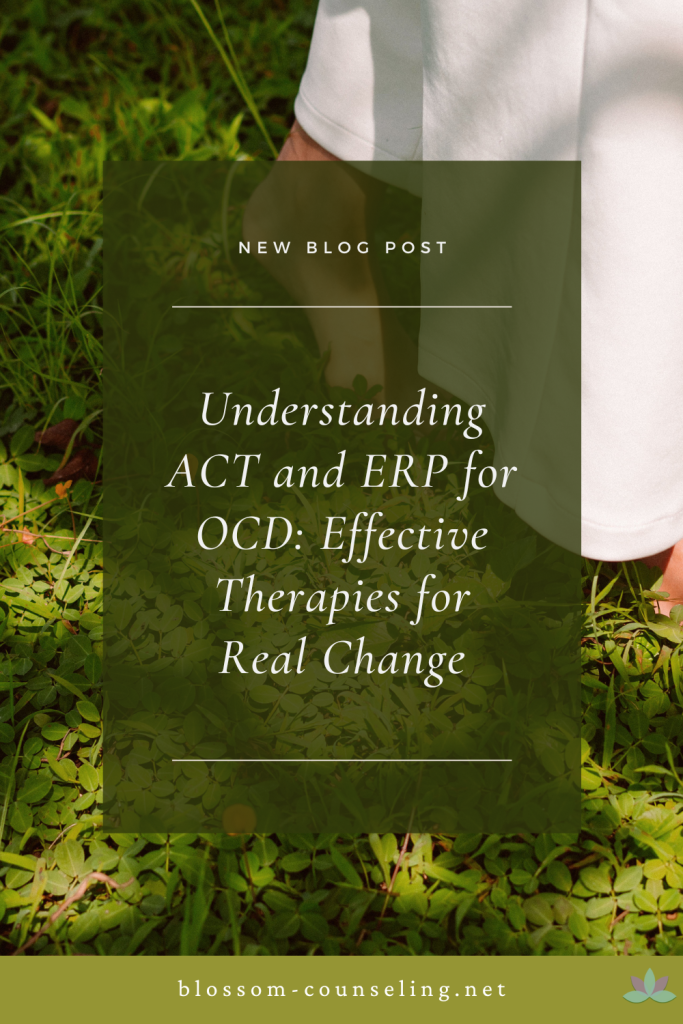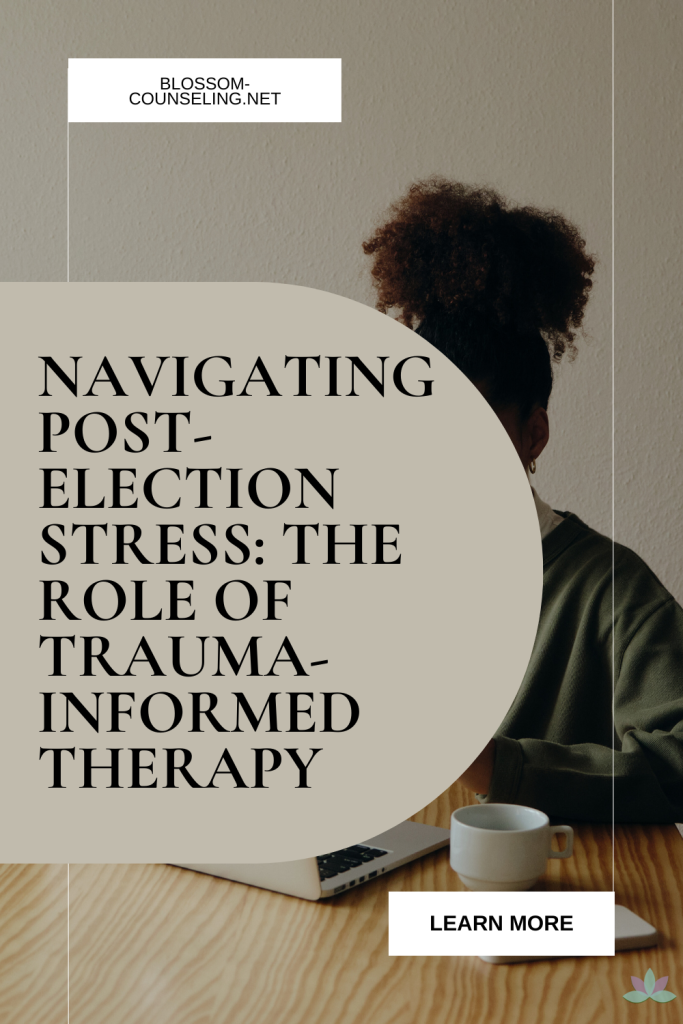
Therapy isn’t just for when everything falls apart. In fact, many people start therapy long before they hit a crisis point. It’s not about being “broken” or having a diagnosis—it’s about having a safe space to explore your inner world, build emotional tools, and grow. Still, it can be hard to tell when it’s time to reach out for support. If you’ve ever wondered “Would therapy even help me?”, you’re not alone.
Here’s the thing: therapy can benefit anyone—but there are some specific signs that it might be especially useful for you right now. These aren’t always big, dramatic red flags. Sometimes they’re quieter, subtler patterns that sneak into your day-to-day life and weigh you down in ways you didn’t even realize.
You feel stuck
It might show up as being in the same relationship loop, procrastinating on something important, or replaying the same thoughts on repeat with no resolution. Feeling stuck is frustrating and can make you question your own motivation or abilities. Therapy can help you identify what’s keeping you there—and how to move forward.
You’ve been “fine” for too long
You know the drill. Someone asks how you’re doing and you say “I’m fine,” even when you’re not sure what that even means anymore. Maybe you’re emotionally numb, disconnected from joy, or just going through the motions. When “fine” is code for “not great, but I don’t know how to explain it,” that’s worth exploring.
Your inner critic won’t quit
We all have an internal voice that keeps us in check, but if yours is on a 24/7 loop of harsh self-judgment, therapy can help you turn down the volume. Self-compassion isn’t just a buzzword—it’s a skill that can be developed. If your self-talk feels more like a bully than a coach, you don’t have to live with that.
Your coping habits aren’t really helping
Whether it’s scrolling endlessly, stress-eating, avoiding people, overworking, or drinking a little too much “just to relax,” sometimes our coping tools become part of the problem. You don’t have to wait until those behaviors cause a crisis. Therapy helps you build healthier ways of managing stress and emotion, without shame.
You’re navigating a big change
Transitions—even the good kind—can be surprisingly stressful. Starting a new job, ending a relationship, moving cities, becoming a parent, graduating, or caring for a loved one—these are all times when support can make a big difference. You don’t have to go through big changes alone or pretend you have it all figured out.
You want to understand yourself better
Sometimes the drive to start therapy isn’t about “fixing” anything—it’s about getting curious. Maybe you want to understand your patterns, explore your identity, or work on your relationships. Maybe you’ve been carrying old emotional wounds and you’re finally ready to unpack them. Wanting to grow is reason enough.
Other people have noticed something’s off
This one can be tough to hear, but worth paying attention to. If friends, family, or coworkers have gently (or not-so-gently) pointed out changes in your mood, behavior, or energy, it might be worth checking in with yourself. Sometimes others notice what we’re not quite ready to see yet.
Therapy isn’t about having all the answers—it’s about creating a space where you can start asking better questions. If anything in this post made you pause or feel seen, that might be your sign.
Our team of compassionate therapists is here to help you find the support you need. We believe in a holistic approach, treating your mind, body, and spirit. With a blend of traditional and alternative therapies, we tailor your experience to meet your unique needs. At Blossom, we create a non-judgmental space where you can be your authentic self. Our goal is to empower you, amplify your strengths, and help you create lasting change. Together, we’ll navigate life’s challenges and help you bloom, grow, blossom! You deserve to become the best version of you.




